IAG 2020 results show strong cash position and reduced cash burn
Links on Head for Points may support the site by paying a commission. See here for all partner links.
IAG, the Spanish parent company of Iberia, Aer Lingus and British Airways, published its 2020 financial results this morning.
The key takeaway is that the group is not short of cash and, with aggressive cost cutting, has reduced its cash burn sharply.
It is also not short of debt, of course, but much of that debt is not due for repayment for some years.
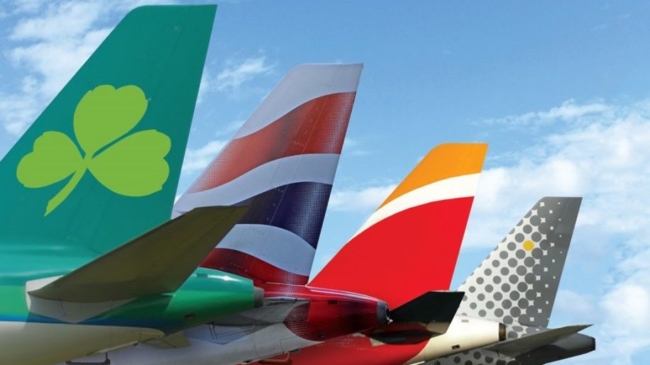
There seems to be little danger to its survival in the next 12-18 months. A slow return to long term profitability would lead it unable to repay its debts in the medium term, however, as loans come up for repayment.
There is no point looking at the stated profit and loss numbers because they are distorted by intangible write-offs and one-off charges. Here are some headline figures:
- passenger km flown were down 87% in the March-December period vs 2019
- Aer Lingus was the worst performer in terms of passenger revenue, down 81% – BA was 3rd best out of the four core brands with ‘only’ a 75% reduction
- IAG operated over 4,000 ‘cargo only’ flights between March and December
- €10.3 billion is currently available, either as cash in the bank or as bank loans which have been agreed but not yet drawn
- the €10.3 billion includes €3.6 billion of Government grants and loan guarantees (as HfP predicted, the latest €2 billion UK facility is 80% guaranteed by the Government)
- net debt (debt minus cash) was €9.8 billion at the year-end, with total debt of €15.7 billion
- net debt ‘only’ rose by €2.2 billion during 2020 which, at just €40 million per week, appears to be a strong achievement
- cash burn across IAG is estimated to be €185 million per week in Q1 2021
- all contracted aircraft deliveries are fully funded – 15 planes will be delivered across IAG in 2021 including 10 long-haul aircraft
- 68 aircraft deliveries have been deferred
- Club Suite installed on 28 British Airways aircraft as of today
- 2023 is seen as the earliest date by which IAG will return to the level of demand seen in 2019
- the amount of Avios revenue expected to be used to fund future redemptions dropped from €844m to €361m, reflecting lower Avios issuance. This is NOT the same as the amount that IAG Loyalty receives for selling Avios as that sum includes a profit margin and ‘breakage’ costs.
- the documents stress – twice – that ‘cyber’ spending has not been cut. Investors are clearly nervous of another ICO fine ….
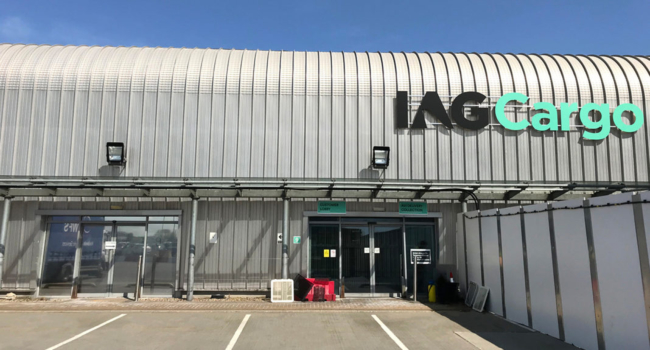
Most of the other news has already been covered on HfP:
- Aer Lingus approved to join the transatlantic joint venture, which will see Aer Lingus offering full Avios and Executive Club tier points
- the acquisition of Air Europa in Spain will proceed but payment will not be made until 2026 (!)
- 32 BA 747-400 and 15 Iberia A340-600 aircraft fully retired with a further 37 aircraft returned to lessors
- IAG lost €1.7 billion due to its fuel hedging strategy – this is a screw-up of astonishing proportions which could have been the difference between life and death for the group, but which has been swept under the carpet amongst the other numbers
PS. If you are not a regular Head for Points visitor, why not sign up for our FREE weekly or daily newsletters? They are full of the latest Avios, airline, hotel and credit card points news and will help you travel better. To join our 70,000 free subscribers, click the button below or visit this page of the site to find out more. Thank you.
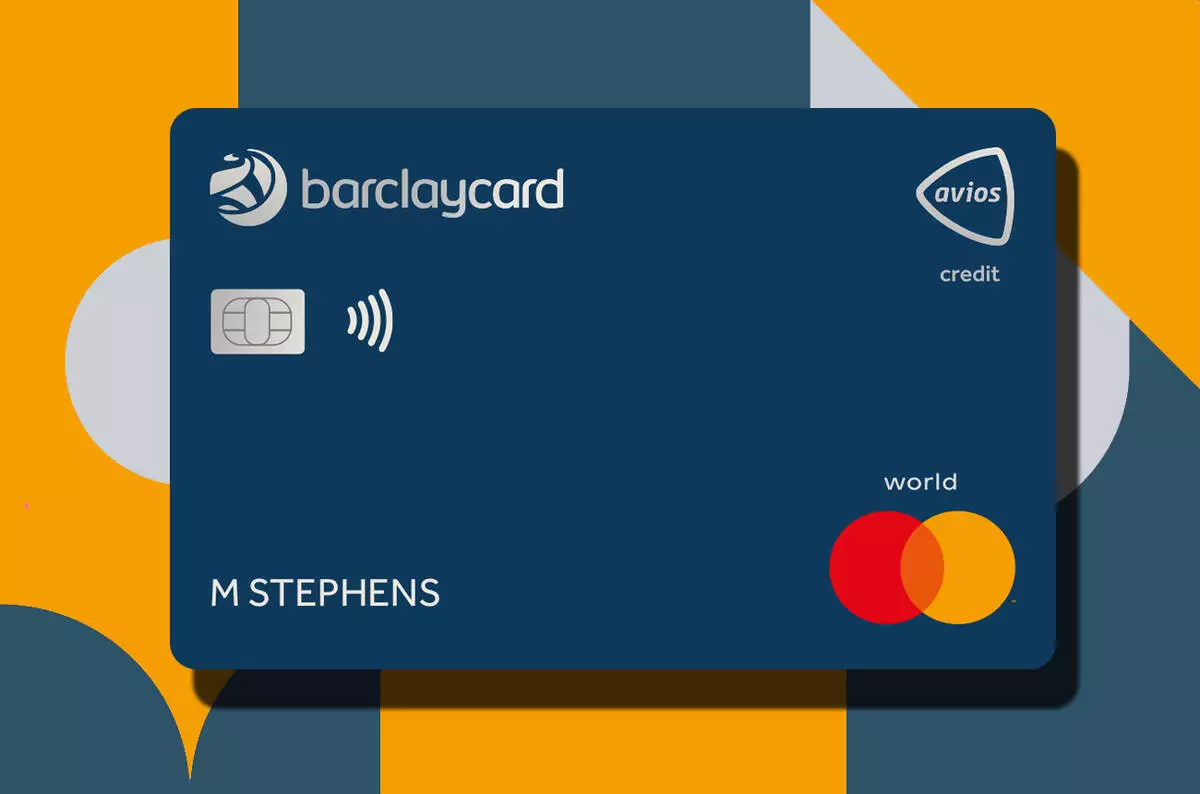
How to earn Avios from UK credit cards (July 2025)
As a reminder, there are various ways of earning Avios points from UK credit cards. Many cards also have generous sign-up bonuses!
In February 2022, Barclaycard launched two exciting new Barclaycard Avios Mastercard cards with a bonus of up to 25,000 Avios. You can apply here.
You qualify for the bonus on these cards even if you have a British Airways American Express card:

Barclaycard Avios Plus Mastercard
Get 25,000 Avios for signing up and an upgrade voucher at £10,000 Read our full review

Barclaycard Avios Mastercard
Get 5,000 Avios for signing up and an upgrade voucher at £20,000 Read our full review
There are two official British Airways American Express cards with attractive sign-up bonuses:

British Airways American Express Premium Plus Card
30,000 Avios and the famous annual Companion Voucher voucher Read our full review
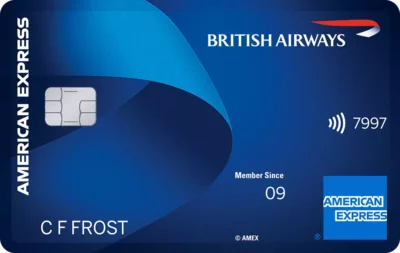
British Airways American Express Credit Card
5,000 Avios for signing up and an Economy 2-4-1 voucher for spending £15,000 Read our full review
You can also get generous sign-up bonuses by applying for American Express cards which earn Membership Rewards points. These points convert at 1:1 into Avios.

American Express Preferred Rewards Gold Credit Card
Your best beginner’s card – 20,000 points, FREE for a year & four airport lounge passes Read our full review

The Platinum Card from American Express
50,000 bonus points and great travel benefits – for a large fee Read our full review
Run your own business?
We recommend Capital on Tap for limited companies. You earn points worth 0.8 Avios per £1 on the FREE standard card and 1 Avios per £1 on the Pro card. Capital on Tap cards also have no FX fees.

Capital on Tap Visa
NO annual fee, NO FX fees and points worth 0.8 Avios per £1 Read our full review

Capital on Tap Pro Visa
10,500 points (=10,500 Avios) plus good benefits Read our full review
There is also a British Airways American Express card for small businesses:
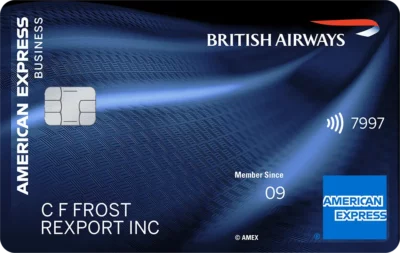
British Airways American Express Accelerating Business Card
30,000 Avios sign-up bonus – plus annual bonuses of up to 30,000 Avios Read our full review
There are also generous bonuses on the two American Express Business cards, with the points converting at 1:1 into Avios. These cards are open to sole traders as well as limited companies.

The American Express Business Platinum Card
50,000 points when you sign-up and an annual £200 Amex Travel credit Read our full review

The American Express Business Gold Card
20,000 points sign-up bonus and FREE for a year Read our full review
Click here to read our detailed summary of all UK credit cards which earn Avios. This includes both personal and small business cards.



 Rob
Rob 





Comments (39)